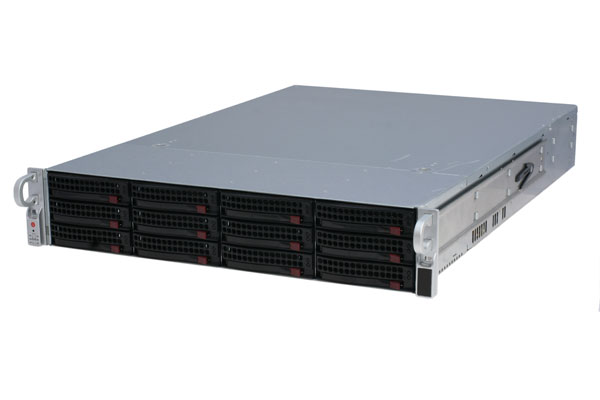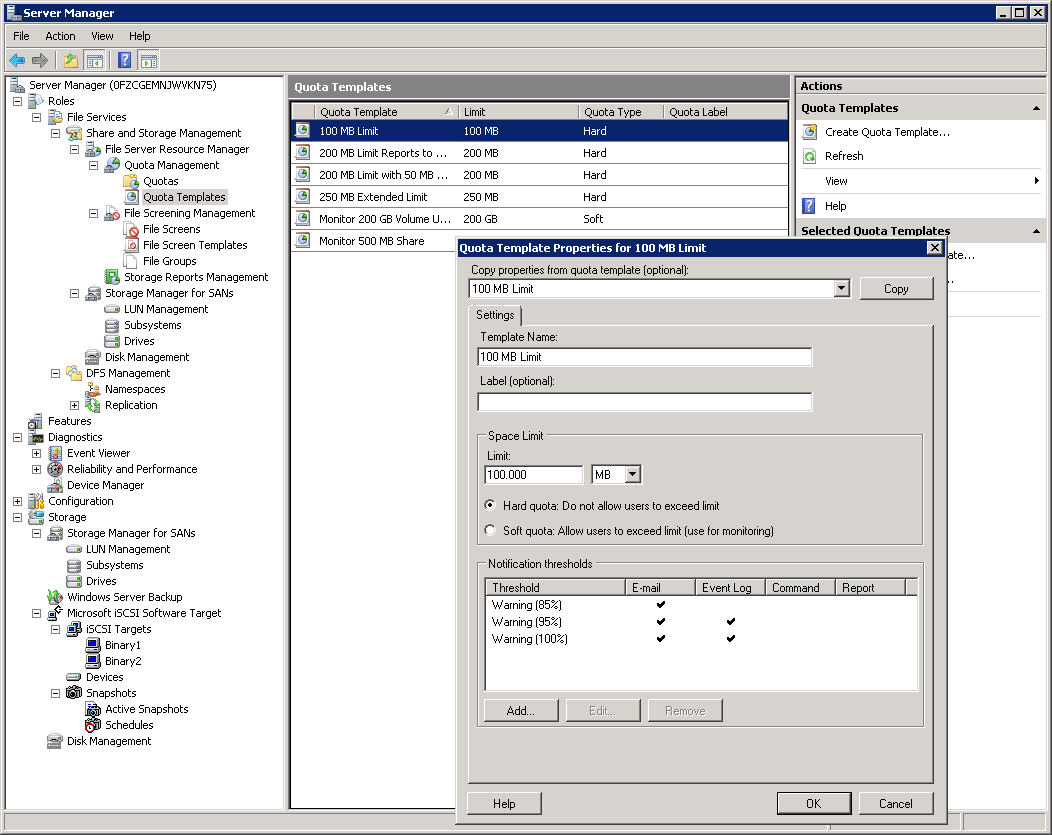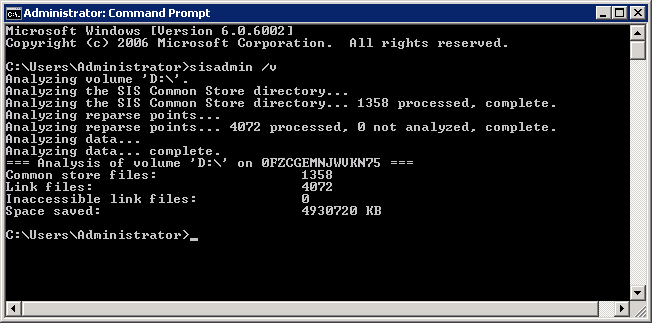Boston Igloo review: 2U-10T-Stor-10GCX4
Boston’s Igloo appliance delivers an exclusive first look at Microsoft’s latest Windows Storage Server 2008. It’s been a long time coming and we find out whether it was worth the wait.

Boston delivers a fine storage appliance for the price. Although Microsoft’s WSS2008 doesn’t offer anything fundamentally different to its predecessor, you do get a lot more storage features as standard. With Server 2008 at its foundation it’s on a firm footing and it’s very easy to manage with wizards for just about every task.

A valuable feature of WSS2008 is its Single Instance Storage (SIS), which was introduced in WSS2003 R2 and delivers data deduplication. However, although this may be a very hot topic at the moment be aware that Microsoft's implementation operates only at the file level and not the block level and doesn't support system and boot volumes or remote drives.
The Groveler service scans NTFS volumes designated for SIS operations looking for duplicate files. It moves them to the hidden Common File Store and replaces them with links. New SIS features in this version are support for clusters, an increase from six SIS volumes per server to 20 and the ability to remove SIS from a volume.

During share creation you can apply an extensive range of quotas and file screening controls.
SIS is easy enough to configure, although it's disappointing that you have to use the command line as it still has no GUI. You just decide which volumes to run SIS on and leave the Groveler service to get on with this in the background.
To test SIS we created a couple of shared folders on one test volume and copied the same 4GB data sample to each one. We started SIS on the volume and after less than an hour the amount of used storage on the volume had dropped from 8GB down to only 3.5GB, showing that there was also file duplication within our test sample.

SIS can make big savings on storage but it still has to be run from the command prompt.
A wizard helps with iSCSI target creation where you select a volume, provide a meaningful target name and assign logged in initiators to it. Within the target you create virtual disks, which require an absolute path name for the VHD file and a size.
Sign up today and you will receive a free copy of our Future Focus 2025 report - the leading guidance on AI, cybersecurity and other IT challenges as per 700+ senior executives
To test IP SAN performance we used a Boston dual Xeon 5160 server running Windows Server 2003 R2 and logged on to the Igloo using Microsoft's iSCSI initiator v2.08. The Iometer utility reported a fast 106MB/sec raw read speed, which isn't far off tops for a Gigabit connection.
Dave is an IT consultant and freelance journalist specialising in hands-on reviews of computer networking products covering all market sectors from small businesses to enterprises. Founder of Binary Testing Ltd – the UK’s premier independent network testing laboratory - Dave has over 45 years of experience in the IT industry.
Dave has produced many thousands of in-depth business networking product reviews from his lab which have been reproduced globally. Writing for ITPro and its sister title, PC Pro, he covers all areas of business IT infrastructure, including servers, storage, network security, data protection, cloud, infrastructure and services.
-
 Snowflake and OpenAI are teaming up to help enterprises capitalize on their "most valuable asset"
Snowflake and OpenAI are teaming up to help enterprises capitalize on their "most valuable asset"News OpenAI models and tools will now be embedded within the Snowflake Intelligence and Cortex platforms
By Ross Kelly Published
-
 What security teams need to know about the NSA's new zero trust guidelines
What security teams need to know about the NSA's new zero trust guidelinesNews The new guidelines aim to move an organization from discovery to target-level implementation of zero trust practices
By Emma Woollacott Published
-
 Amazon’s rumored OpenAI investment points to a “lack of confidence” in Nova model range
Amazon’s rumored OpenAI investment points to a “lack of confidence” in Nova model rangeNews The hyperscaler is among a number of firms targeting investment in the company
By Ross Kelly Published
